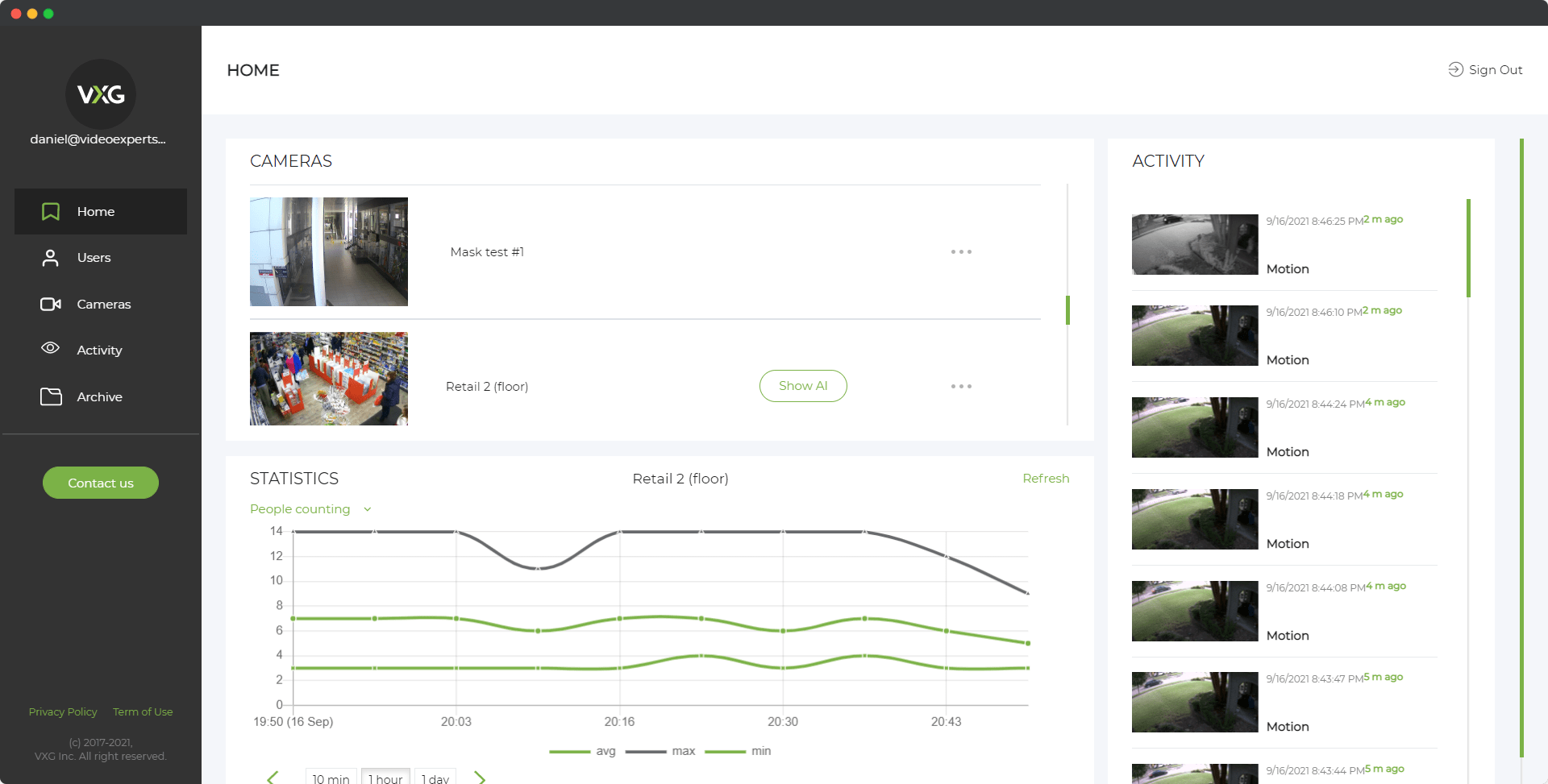Data centers are essential to the functioning of modern digital infrastructure. From powering internet searches to enabling cloud computing and storing business-critical data, they support nearly every aspect of our online lives. With the rapid growth of digitalization, data centers have become vital hubs for managing and processing the increasing volumes of information generated daily. This article explores what data centers are, how they operate, their significance, major data center providers, and common questions people have about data centers.
Meaning
A data center is a specialized facility designed to house computer systems, storage systems, and networking equipment. These facilities provide essential services, including data storage, processing, and backup, to businesses and individuals. They also house servers and network systems that enable various online services, cloud computing, and internet-based applications. Data centers are built with strict control measures to manage power, cooling, connectivity, and security, ensuring data is protected and systems remain operational 24/7.
How Does a Data Center Work?
A data center functions by providing a controlled environment for computing hardware and networking infrastructure. Here’s how it works:
- Power Supply: Data centers rely on consistent power from multiple sources to ensure uninterrupted service. They often have backup generators and uninterruptible power supplies (UPS) to handle power outages.
- Cooling Systems: Servers generate significant heat. To prevent overheating, data centers are equipped with advanced cooling systems, including air conditioning, liquid cooling, or air ventilation systems, which maintain a stable environment.
- Networking: Network infrastructure in a data center connects servers and storage systems, allowing data to move efficiently within the facility and to external networks. High-speed fiber connections enable data to travel rapidly and securely across global networks.
- Physical and Cybersecurity: Data centers are protected by both physical and cybersecurity measures. Physical security includes biometric access controls, surveillance cameras, and secured rooms. Cybersecurity involves firewalls, encryption, and access control measures to prevent unauthorized access to data.
- Data Redundancy: To ensure data availability, data centers use redundancy strategies, which replicate data across multiple servers and sometimes across multiple locations. This ensures that data remains accessible even if part of the system fails.
By integrating these components, data centers can manage massive amounts of information, processing and storing data for global users and organizations in real time.
Why Data Centers are Important
Data centers play a crucial role in today’s digital economy for several reasons:
- Reliability: Data centers offer reliable infrastructure to store and process data, ensuring that services remain available 24/7. This reliability is essential for businesses and individuals who depend on continuous access to data and online services.
- Data Security: With robust physical and cybersecurity measures, data centers help protect sensitive information from unauthorized access, data breaches, and cyberattacks.
- Scalability: Data centers enable businesses to scale operations, allowing them to add computing and storage resources as needed without building their own infrastructure.
- Efficient Data Processing: Data centers handle data processing on a large scale, allowing for tasks like complex data analysis, machine learning, and real-time data streaming.
- Economic Impact: Data centers support digital transformation and growth across multiple industries, from finance and healthcare to entertainment and e-commerce.
How Many Data Centers are in the World?
As of 2023, there are over 8,000 data centers globally, distributed across nearly 150 countries. However, the majority of data centers are concentrated in countries like the United States, China, Japan, the United Kingdom, and Germany, where technological infrastructure is well-developed. The United States leads with a significant share of data centers, hosting around 30% of the world’s total data centers.
Major Data Center Companies
Several major companies operate large-scale data centers and provide data services to businesses and consumers:
- Amazon Web Services (AWS): AWS is one of the largest providers of cloud-based infrastructure and services, with data centers across the globe.
- Microsoft Azure: Azure is Microsoft’s cloud platform, offering data storage, computing, and software solutions to businesses worldwide. Azure’s global data centers support millions of customers.
- Google Cloud: Google Cloud Platform (GCP) has data centers in strategic locations worldwide, supporting cloud storage, machine learning, and big data solutions.
- IBM Cloud: IBM Cloud provides a range of cloud computing and data storage solutions, with a focus on enterprise clients and sectors like finance, healthcare, and government.
- Equinix: Equinix specializes in colocation services, enabling companies to rent space within its data centers to house their own hardware.
- Digital Realty: Digital Realty is another leading provider of colocation and data center services, supporting enterprises with global data infrastructure.
FAQ
Data centers are the backbone of the digital world, ensuring that information remains accessible, secure, and scalable. From cloud storage to streaming services and enterprise applications, data centers enable the digital experiences that have become integral to our lives.
















